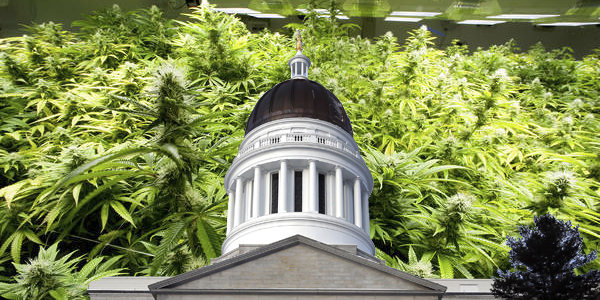
Big Pharma shouldn’t profit from a crisis
The high cost of prescription medicines isn’t a new story. I can’t tell you how many people I’ve talked to in our community who tell me they struggle to afford prescriptions they need to survive. It is a serious problem that many face, and our seniors and folks with disabilities have it particularly bad.
It doesn’t have to be this way. Research shows that over the past decade or so, major drug companies have jacked up the price of brand name prescription medications by an average of more than 60 percent.
But that’s only an average.
The cost of a certain type of insulin made by Eli Lilly was increased 1200 percent from 1996 to 2019. In just one year, AbbVie Inc. increased the price of its rheumatoid arthritis drug Humira by almost 16 percent.
And there are countless other examples of companies dramatically increasing the price of necessary, life-sustaining or life-saving medicines, despite no corresponding increase in the cost of producing them.
It’s greed, pure and simple, that has caused this problem. In recent years, as their prices have skyrocketed, pharmaceutical profits have led the health care industry and set records.
These companies have also benefited from hundreds of billions of dollars in government subsidies for research and development, and the federal government still hasn’t taken needed action to limit unreasonable prescription drug price increases.
In recent years, the Maine Legislature has worked to protect Mainers from the high cost of prescription drugs. Last year, we passed a comprehensive prescription drug reform package that allows for the wholesale importation of prescription medicine, creates a prescription drug affordability board, increases drug price transparency and better regulates pharmacy benefit managers.
We also passed a law capping the out-of-pocket costs of insulin at $35 per month. These changes haven’t been fully implemented yet, but Maine was one of only two states this year to receive an “A” grade on prescription drug price transparency from the Catalyst for Payment Reform and the Source on Healthcare Price and Competition at the University of California Hastings College of Law.
But a lot of these issues are out of our control, and drug price regulation and enforcement largely falls to the federal government, so pricing issues persist today. To make matters worse, some drug companies have used the COVID-19 pandemic as an excuse to raise their prices even higher.
Recent reporting indicates that during the pandemic, drug companies raised the price of almost 250 drugs by an average of 23.8 percent. In addition, Gilead Sciences recently set the price of Remdesivir, which has been approved in the U.S. for treatment of COVID-19, at $3,120 per treatment course. This treatment was developed using more than $70 million in taxpayer funds.
We cannot let Big Pharma profit from this crisis. They are getting rich on the backs of everyday people who are suffering and need help. I will continue to fight for lower prescription medicine prices for you and your family until this problem is solved.
If you have any questions or concerns about prescription drug prices or anything else, I’m happy to talk anytime. You can reach my office at 207-287-1515 or send me an email at james.dill@legislature.maine.gov. Remember, I work for you.